
17:
WOMAN
-

THE WOMAN IN BOSNIAN ISLAM
At the time of the Ottoman rule in Bosnia, the Muslim woman, surrounded by the boons of the urban Islamic civilization, lived by love, which has a high value in the Islamic-Oriental culture due to the importance of beauty and 'merak' - unlike the conditions in the tribal structure, where there were no prerequisites for attaching a high value to love and sexual relationship (Erlich, 1968).
-
JUSUF-BEY’S WIFE FROM GLAMOČ
Role of the woman in European societies of the 17th century, which were greatly defined by the patriarchal paradigm, was typically reduced to the role of housewife and possibly the husband's “shadow advisor”. Public appearances and engagements were very rare and would often put the woman in a thankless position, even in the mortal danger.
-

LOVE AND SHAME
The ballad Hasanaginica revolves around the woman, her role and her shame which prevents her from visiting her husband, which in turn results in a series of tragic events. This shame, which is the main driver of the plot, is understandable and non-understandable at the same time.
-
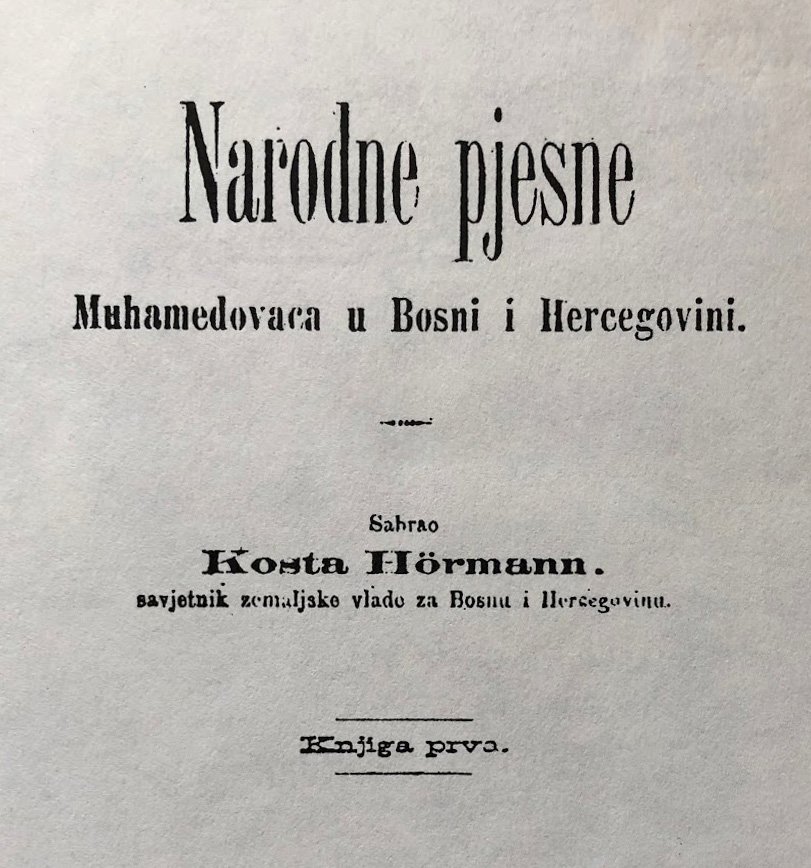
THE WOMAN IN THE MUSLIM FOLK POETRY
It has been recorded many times that our first folk poems, particularly the heroic or male ones, as they were called, told or sung with the accompaniment of the gusle, were one of the distinctive features of Ramadan evenings, Ramadan get-togethers and gatherings.
-
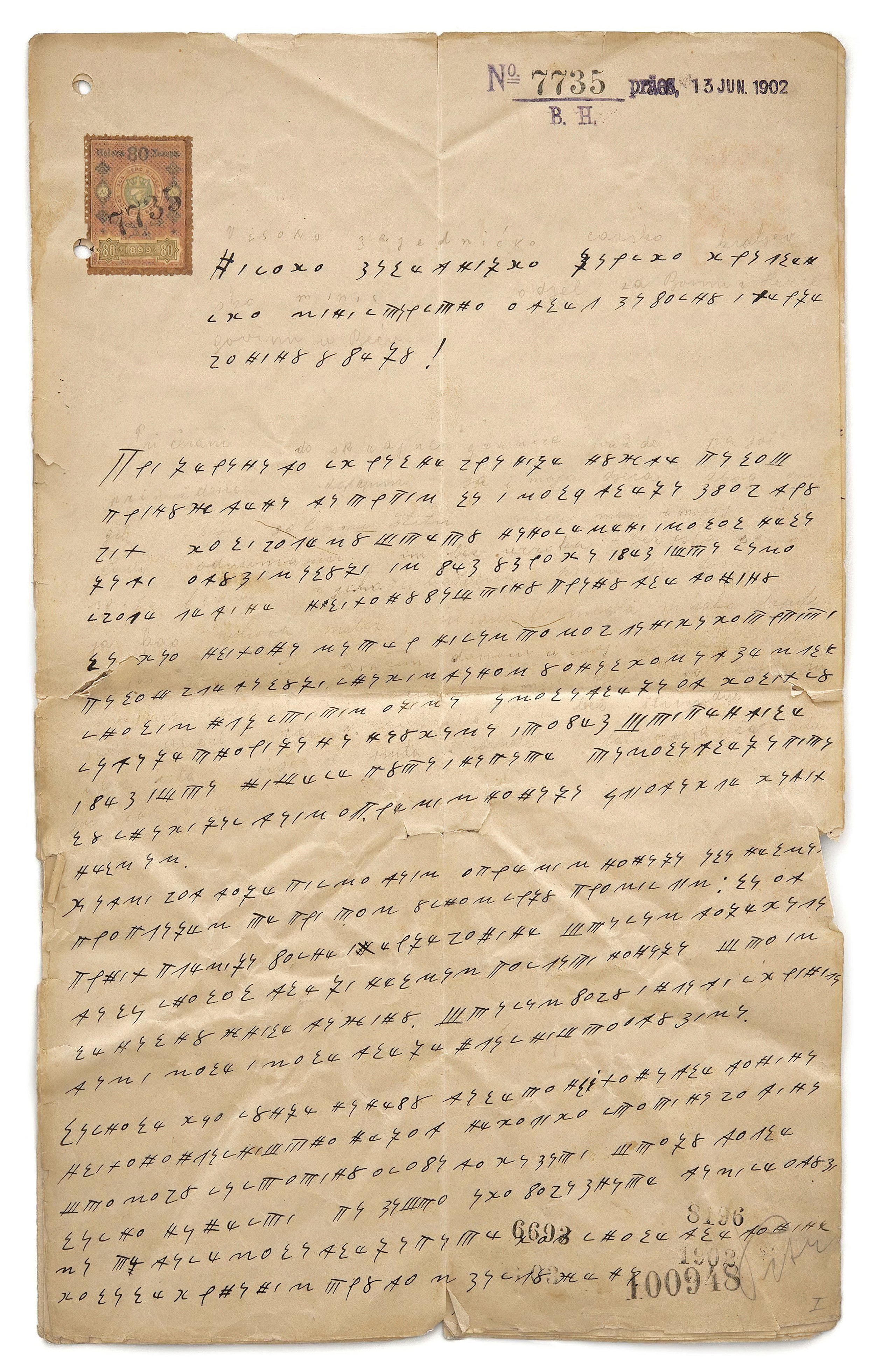
BEGZADA GAVRANKAPETANOVIĆ'S LETTER TO EMPAROR FRANZ JOSEPH
A letter by Begzada Gavrankapetanović, née Bašagić, the wife of the last Počitelj captain Ibrahim-bey Kapetanović, was written in Begovica script, a special variant of Bosančica on 13 June 1902 and addressed to Emperor and King Franz Joseph I in Vienna.
-
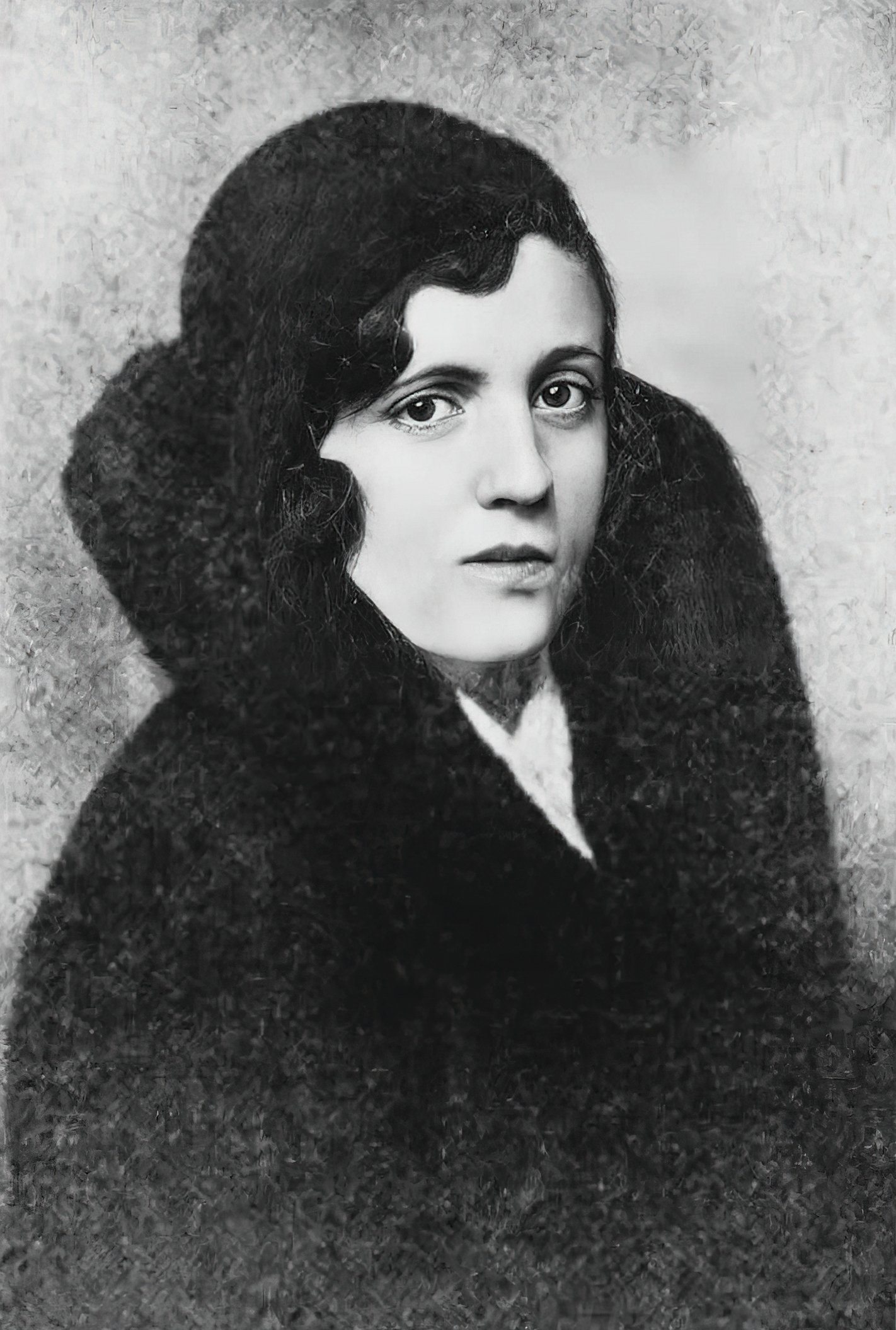
ŠEVALA ZILDŽIĆ-IBLIZOVIĆ, PhD - THE FIRST BOSNIAK FEMALE DOCTOR OF MEDICINE
Ševala Zildžić was born in 1903, to the well-known Sarajevo craftsmen family of Zildžić, which was traditionally involved in making bells, and it was also the root of their family name (Tur. zil – bell).
-
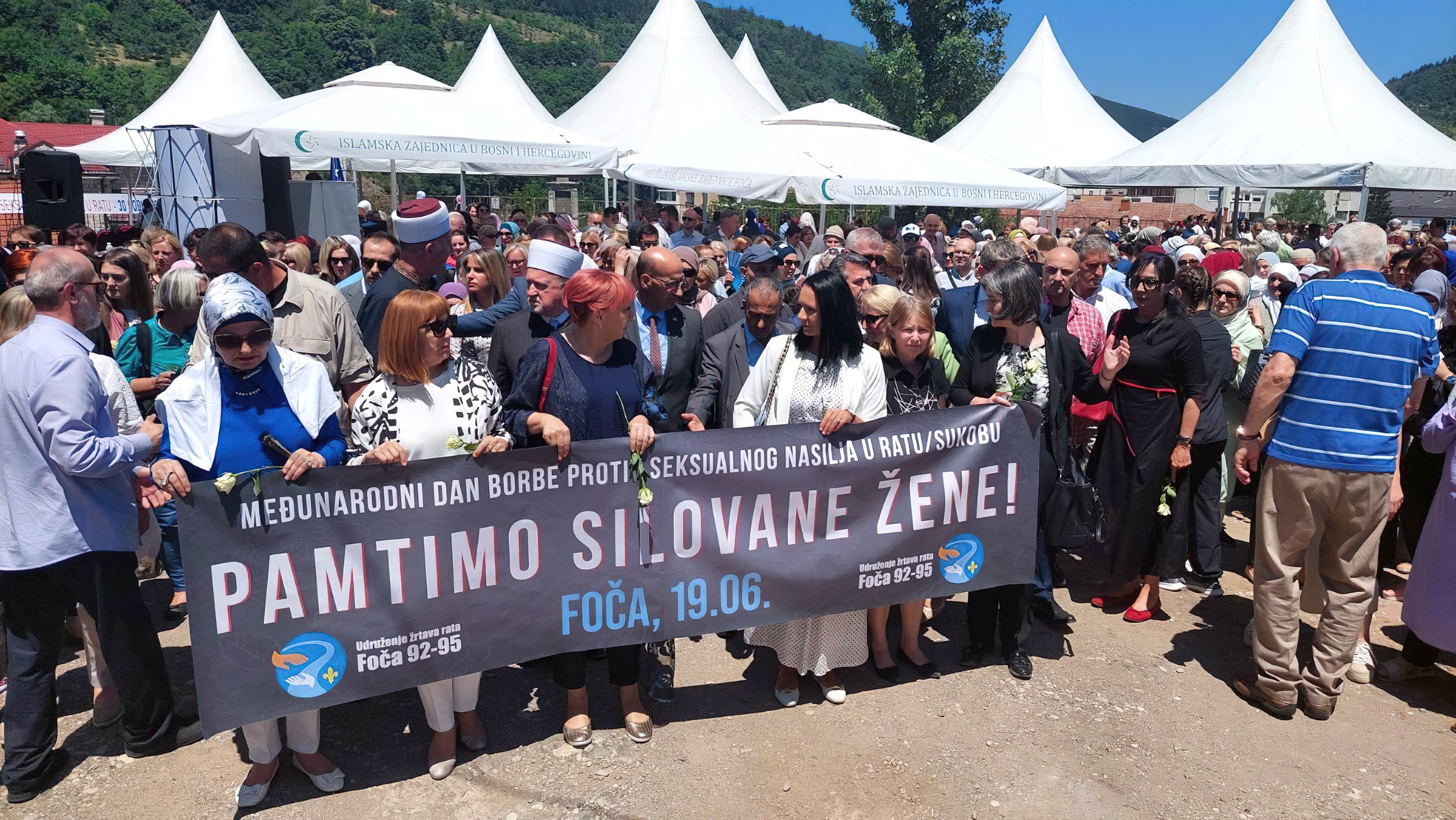
FATWA ON THE STATUS OF RAPED WOMEN AND CHILDREN BORN OUT OF SUCH INTERCOURSE
According to estimates by the United Nations, between 20 and 50 thousand people – women, men and children, were exposed to sexual abuse and rape during the aggression on Bosnia and Herzegovina between 1992 and 1995.
-

PROHIBITION OF SHARIA MARRIAGES WITH FOREIGN CITIZENS
During the aggression on Bosnia and Herzegovina (1992–1995) instances were recorded of Sharia marriages between Bosniak women and foreign citizens who, due to war circumstances, arrived in Bosnia and Herzegovina with different intentions.
-

WOMEN AS DONORS IN OTTOMAN BOSNIA
Founding waqfs was carried out through a legal act whereby the individual, of their own free will, declared that they conceded part of their property and endowed it, with the intention to come closer to God (qurbat).
-

DIZDAREVA (ŽENSKA / WOMEN’S) MOSQUE
Jajce, Bosnia and Herzegovina
-

MAKTABS FOR FEMALE CHILDREN
We will begin this text with a quote which belongs to a later time and which pertains to the traditional elementary education inherited from the Ottoman period.
-
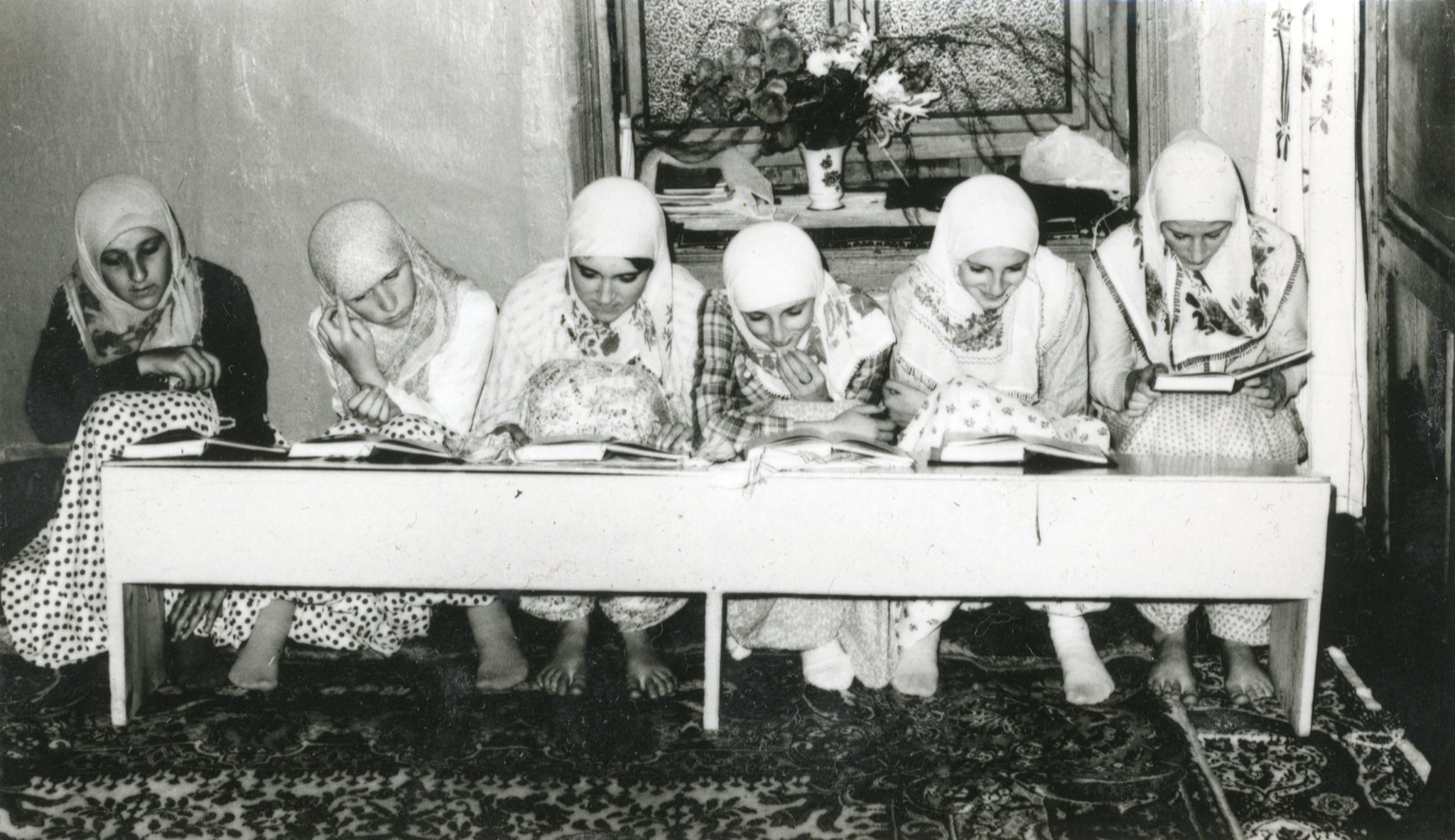
CENTURIES-LONG TRADITION OF RECITING FEMALE HAFIZ MUKABELA IN SARAJEVO
The custom of reciting mukabela, i.e. reciting the entire Qur'an aloud by several persons, which is typically performed during Ramadan and in the mosque, is one of the mean features of Ramadan in Bosnia and Herzegovina.
-

GIRL MOSQUES IN BOSNIA AND HERZEGOVINA
Today, Muslims throughout the world are familiar with the existence of woman mosque which are founded and managed by women, where women receive education or perform joint religious activities.
-

WOMEN'S MOSQUES IN BOSNIA AND HERZEGOVINA
The early 21st century was marked by opening of women's mosques in many European and US cities.
-

SULTAN VALIDA MOSQUE
Sjenica, Serbia
-

WHEN HONOR IS MORE VALUABLE THAN LIFE
Since ancient times, stories about the righteous and good people have been told.

